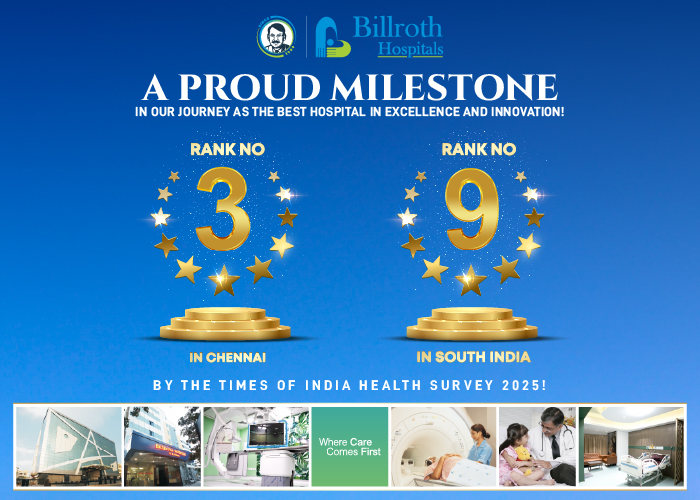High Cholesterol - The Silent Threat to Your Kidneys
Cholesterol is a fat-like substance found in your blood. The body produces cholesterol on its own but it can also come from eating animal food products like meat. While your body needs a certain amount of cholesterol for certain functions, you don’t want high levels of cholesterol.
Types of Cholesterol
The buildup of cholesterol in blood vessels can narrow the vessels and cause blockages. Narrowed or blocked blood vessels can prevent blood from getting to certain parts of your body, including your kidneys. So, one of the major risks of high cholesterol is kidney disease.
Linking Cholesterol to Kidney Problems
According to the National Kidney Foundation, a Physician’s Health Study found that individuals with cholesterol problems are twice as likely to have chronic kidney disease (CKD). People with high total cholesterol and reduced “good” HDL cholesterol) were more likely to have a reduced glomerular filtration rate (GFR). Measuring GFR is the most effective way to assess kidney function.
Also, people with CKD have a higher risk of developing heart disease. That’s because people with CKD may also have other health issues known to lead to heart disease. These risks include
- Large calcium intake from diet and medication
- Whole body inflammation
- High blood phosphorous levels
- High parathyroid hormone levels
Stages of Liver Damage
Elevated cholesterol levels can contribute to the development of a condition called “nephrotic syndrome,” which is characterized by the leakage of large amounts of protein, including albumin, into the urine. This condition can lead to various kidney-related issues.
1. Glomerular Damage
Every second is crucial, and our patient’s time is really important to us. Therefore, we ensure that your appointments and schedules are confirmed much before you even reach here. Just land and let our experts take care of the rest.
2. Podocyte Dysfunction
To offer you the best treatment, we have acquired some of the finest equipment from across the globe. By trusting only the most renowned international brands, we are able to raise the bar when it comes to efficient medical care.
3. Inflammation and Oxidative Stress
Staying away from home and getting treated in a different country can be quite a worrisome affair for the patient and the family. Our international specialists are best suited for such situations; using their multilingual skills, they not only communicate well with the patient but also do their best to make them feel at ease.
4. Hyperlipidemia and Atherosclerosis
To ensure a smooth stay and a completely relaxing experience, we suggest you take the following steps before scheduling any procedure: If you are in consultation with your doctor and decide that Billroth Hospitals is where you want to get treated, please send a request for a medical service cost estimate for your anticipated treatment. After scheduling the procedure, we suggest that you:
5. Increased Blood Clotting
As an international patient, you can avail of all of our best services. Here are some of the key features you can benefit from:
6. Reduced Nitric Oxide Availability
If you are seeking consultation from a specialist, just send us all the records and documentation related to your condition, and we will have our physicians take a thorough look and examine your case. Soon after, we will schedule medical tests and treatment procedures as required. All decisions are based on medical urgency and the nature of your condition.
7. Impact on Kidney Function:
From the most primary care to the most extreme medical aid, our team is equipped to fulfil your every need. Our team of experts from various medical fields ensures that every patient is met with efficient care and receives the best treatment and services.
8. Association with Chronic Kidney Disease (CKD)
Before carrying out any treatment or consultation, we will need records of all your previous medical history, including documents, films, test results, and medication. Based on this, we will provide you with an estimated fee for our planned services. You can make advance financial agreements with your embassy, employer, or health insurance firm.
9. Interaction with Other Risk Factors
High cholesterol often coexists with other risk factors for kidney disease, such as diabetes, hypertension, and obesity. The combination of these risk factors can accelerate kidney damage and increase the risk of kidney-related complications.
Lifestyle Modifications
To reduce unhealthy fat in your diet, you can:
- Limit red and processed meat.
- Choose skim, low-fat, or fat-free dairy instead of whole-milk products.
- Avoid fried foods.
- Cook with healthy oils such as vegetable oil.
- Eat plenty of fruits, vegetables, whole grains, poultry, fish, and nuts.
- Skip sodium-filled or sugar-sweetened foods and drinks.
Other lifestyle factors that may help include:
- Exercise
- Not smoking
- Losing excess weight
